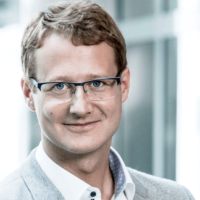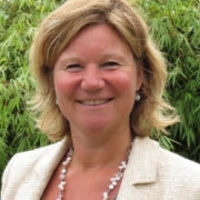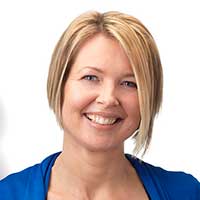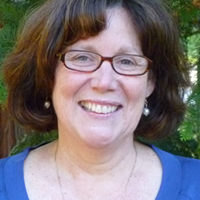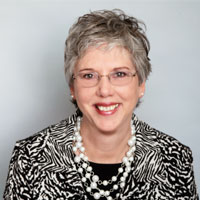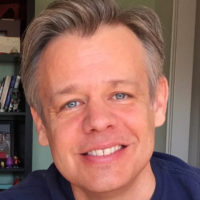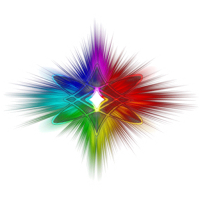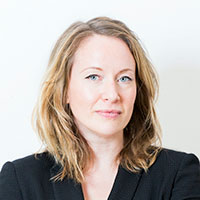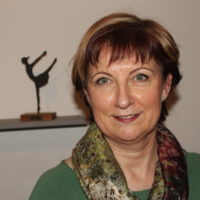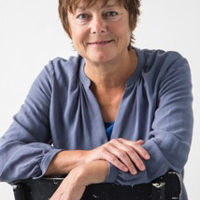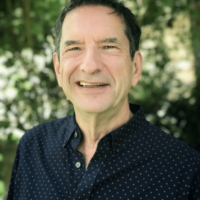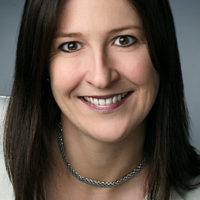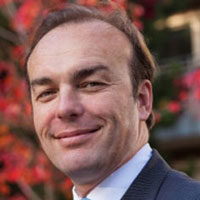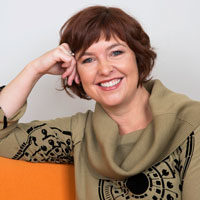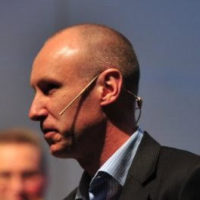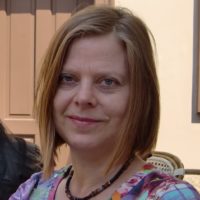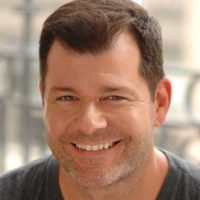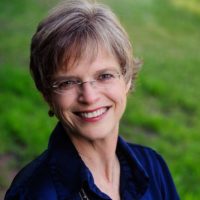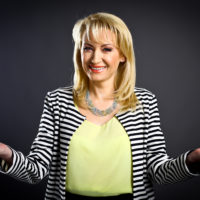Greetings to all,
We are living in challenging times. Challenges bring opportunities. So the good news is that since we are faced with so many challenges in the world right now, there are also many opportunities available to us if we choose to listen, sense, and feel beneath the surface. Words that have been attributed to Winston Churchill come to mind: “Never let a good crisis go to waste.”
I’m not one to easily jump to crisis mode, nor do I feel that, at least in most places, we are in full-on crisis. However, some might argue that we are teetering on the edge socially, politically, and environmentally. We are facing critical choice points. What we create will, in turn, create us. Therefore who do we wish to become? And what is the legacy that our choices, actions, and policies are creating?
Not letting a crisis go to waste means paying attention to all the signals around us and within us – signals that are trying to show us a path forward and open new doors of possibility. Yet in order to notice the signals and perceive the messages, we must first open ourselves.
So I invite you to join me in a daily exercise from now until Earth Day, April 22nd. The length of time you choose to spend on the exercise each day is up to you. Some days you may be able to spend only five or ten minutes – other days you might choose to spend longer.
I chose Earth Day because the Earth is our common home. If we have nothing else in common with one another, we do all share the same home planet. The intention of the exercise is not so much about taking care of the Earth. It’s about shifting our awareness and focus towards what really matters – to us as individuals, and to us as a collective.
The exercise has six steps. Some days, you might consider all of the questions just briefly, and then go on with your day. Other days, you might linger in one or two questions that ask for more attention. Let the exercise take you wherever it does. Each day, your experience may be different. Yet over time, you are likely to start finding some consistency.
Step 1 – As you prepare yourself for the day, look in the mirror. Look into your eyes. Look at yourself with gentleness and compassion. Who are you, underneath the clothes you wear, the public role you play or the public mask you wear, and the responsibilities you carry? Who are you really? Let the answer come in a few simple words or as a feeling. There’s no one here but you in this moment. No one to hide from, no one to impress, no one whose expectations you must meet. It’s just you with you. Who are you?
Step 2 – Find your heart. Is it easily accessible to you, or has it gotten buried under fears, doubts, resistance, anger, or something else? It’s OK if it is buried. Just uncover it. Touch your beating heart. Breathe in and out through your heart. What if you stayed in touch with your heart all day long?
Step 3 – Bring to your awareness three people that you will see or interact with today. Find some part of each of them in you. Who are they as individuals? What is important to them? What if you were to meet them as human to human rather than as role to role or two characters in a situation? What might be possible? Maybe interacting with them is easy, maybe it’s hard. It’s OK either way. Just step beyond “easy or hard” and meet them human to human. Meet them with compassion, and find some aspect of them that also shows up in you. And if animals or the natural world are included in today’s interactions, consider them as well.
Step 4 – As you look in the mirror and are in touch with your heart, what do you want more of in your life? What do you want less of?
Step 5 – What are you protecting or afraid of losing? On the other hand, what would you like to share even more generously?
Step 6 – What is important for you to remember today as you interact with others; as you fulfill your roles and responsibilities as a citizen, leader, or policymaker; and as you make choices and decisions that will impact others?
No matter what role we play in family, society, business, politics, or government, opening our hearts and being honest with ourselves about what really matters is critical. We can use our personal and societal challenges to help us find constructive and transformative paths forward. This simple exercise can increase our chances of making choices, decisions, and actions with greater awareness and compassion, and with a purer intention of creating a world that works for all.
For simplicity in daily use, you can download a pdf document summarizing the questions. You can print this single page or keep the document handy on your mobile device for ease of use.
Thank you for joining me in this exercise. I welcome your comments below. Please share your insights and experiences. Like it or not, because we all share this Earth home, we’re in this together. Our world can only transform as fast as a critical mass of the population transforms. It’s up to us.
With great hope,
Alan
~ ~ ~
If you enjoyed this blog post and found it helpful or inspiring, please share it with your friends on social media by clicking on the icons below. You are also welcome to make a comment below.
You may subscribe to our free weekly newsletter by clicking here.
Related Blog Posts:
- Want to Make a Difference? Just start. The rest will follow.
- What do we choose to make important?
- Standing Tall, Being Seen, and Taking Your Work to the World



